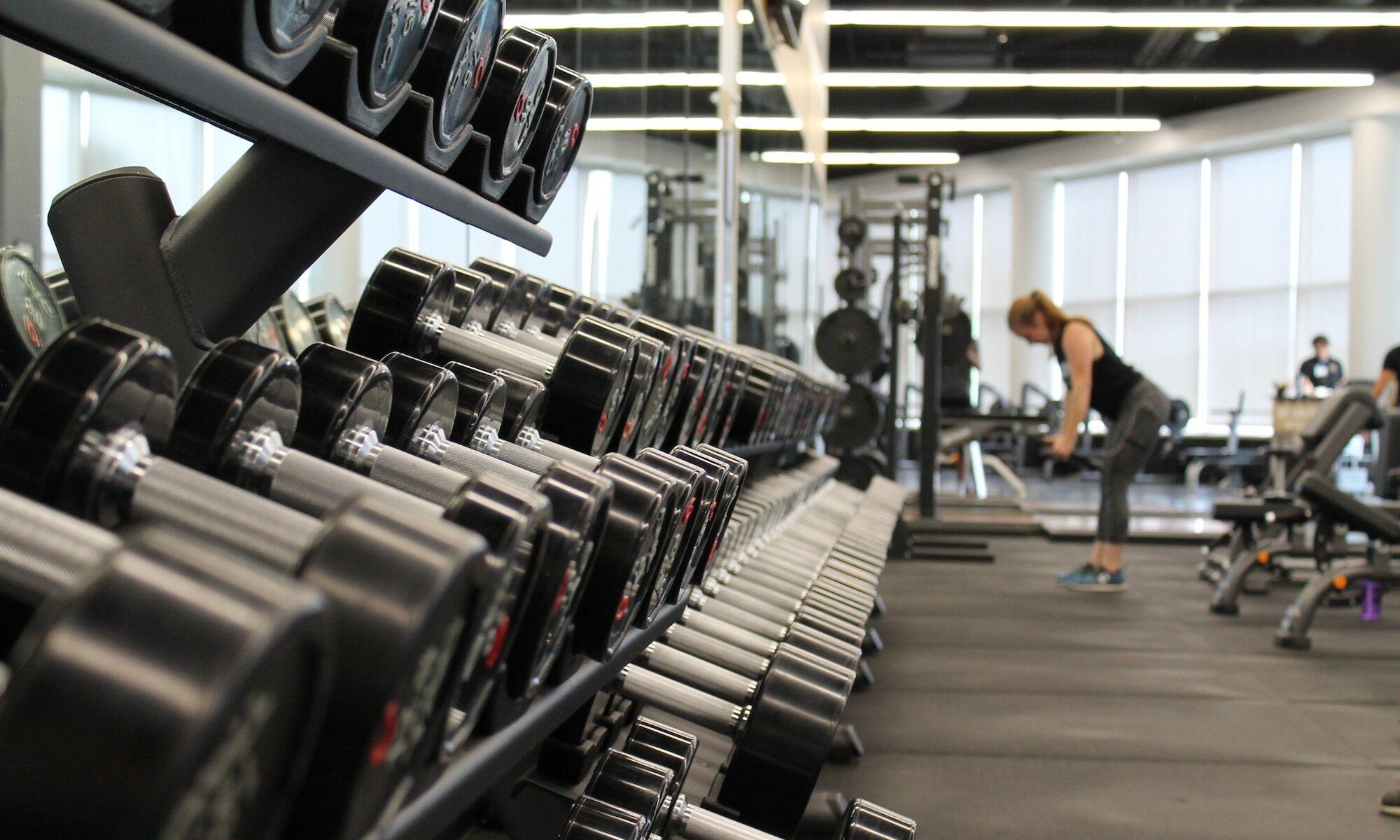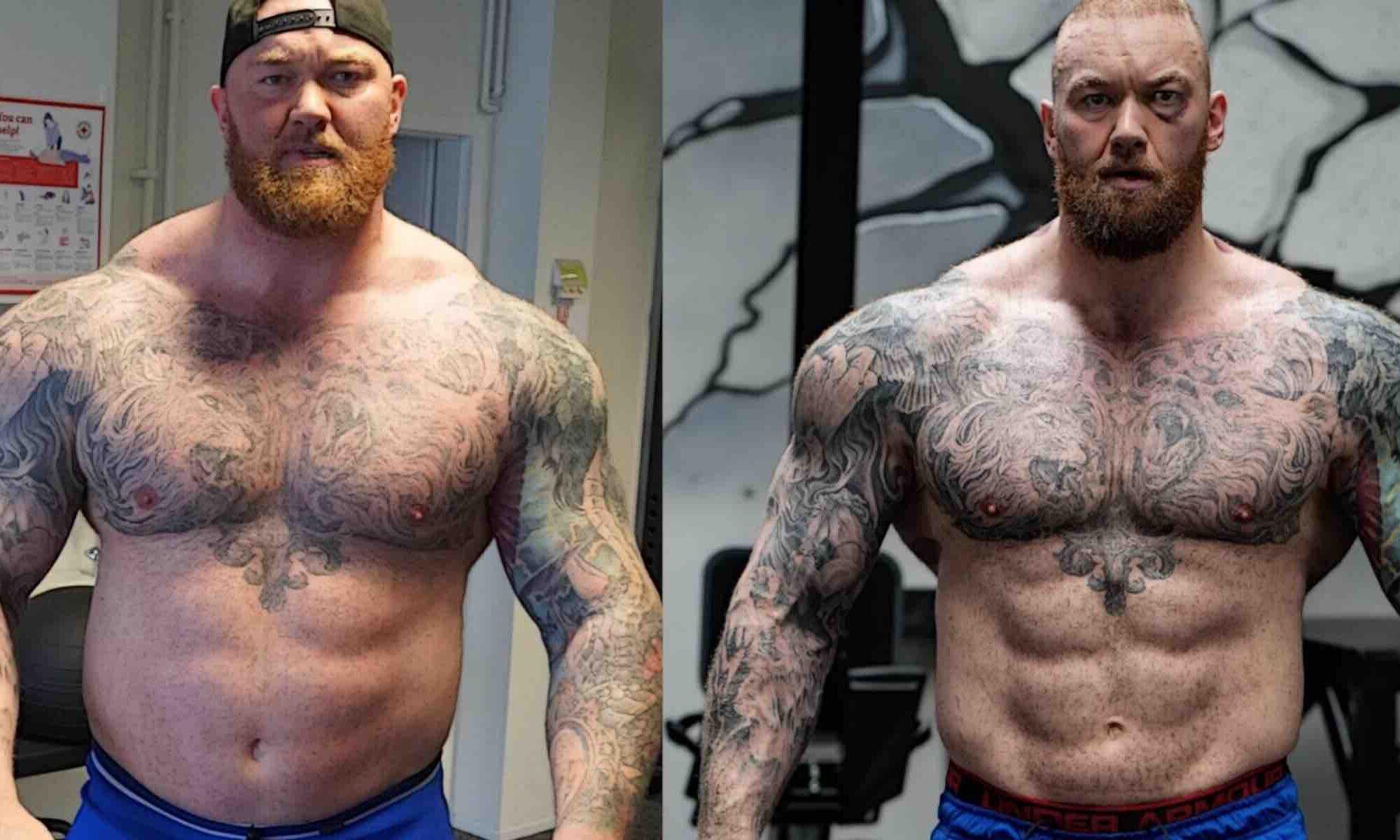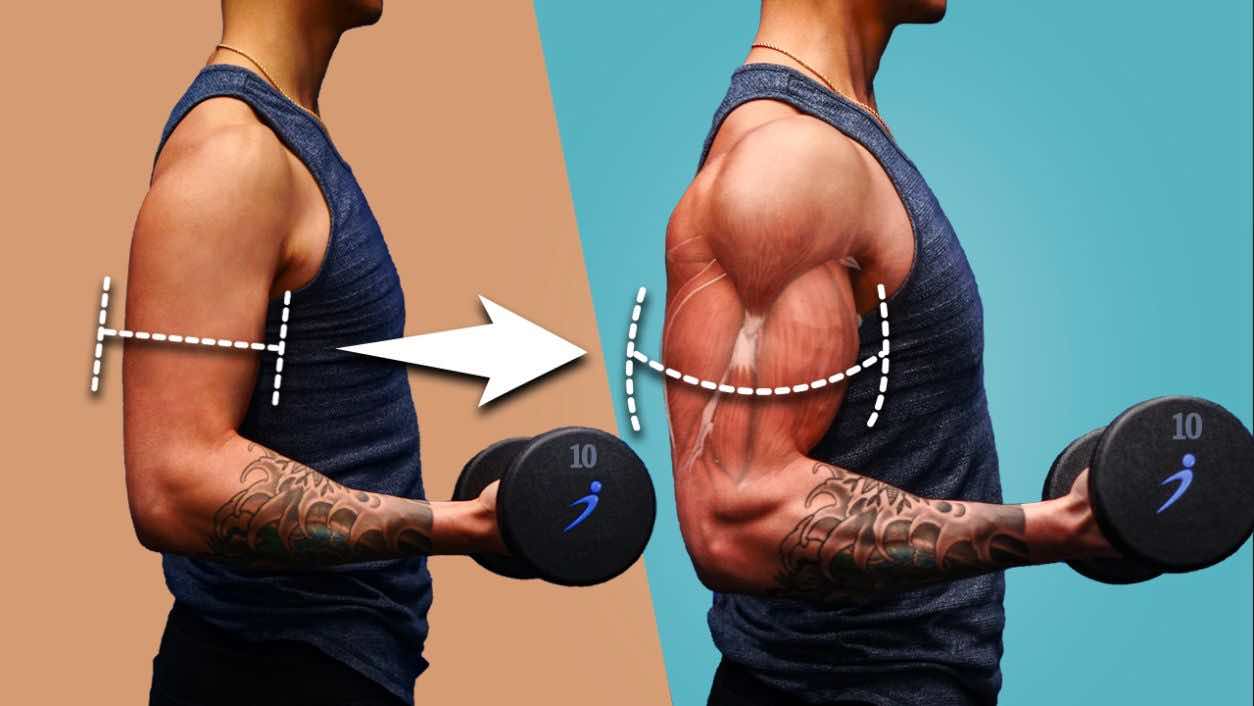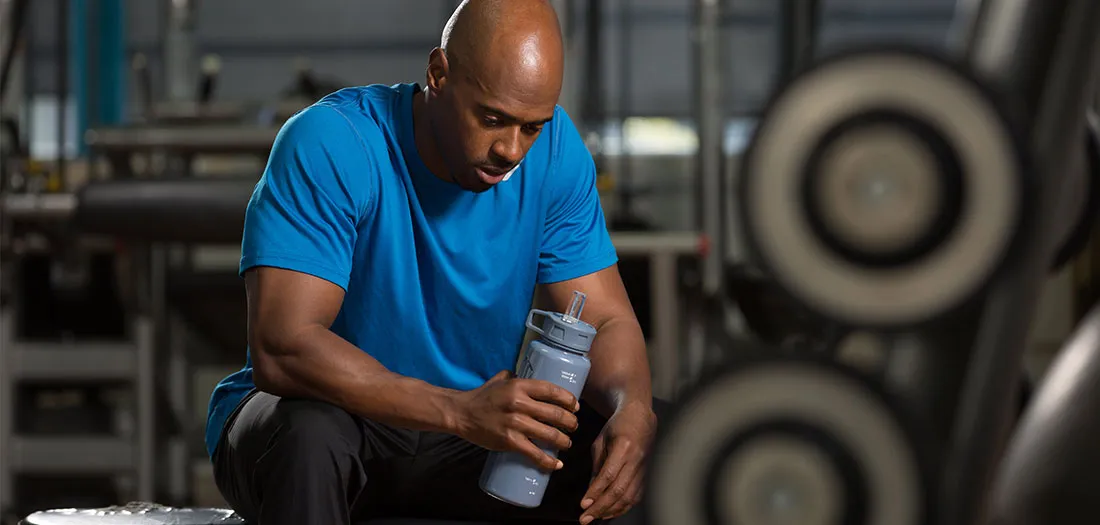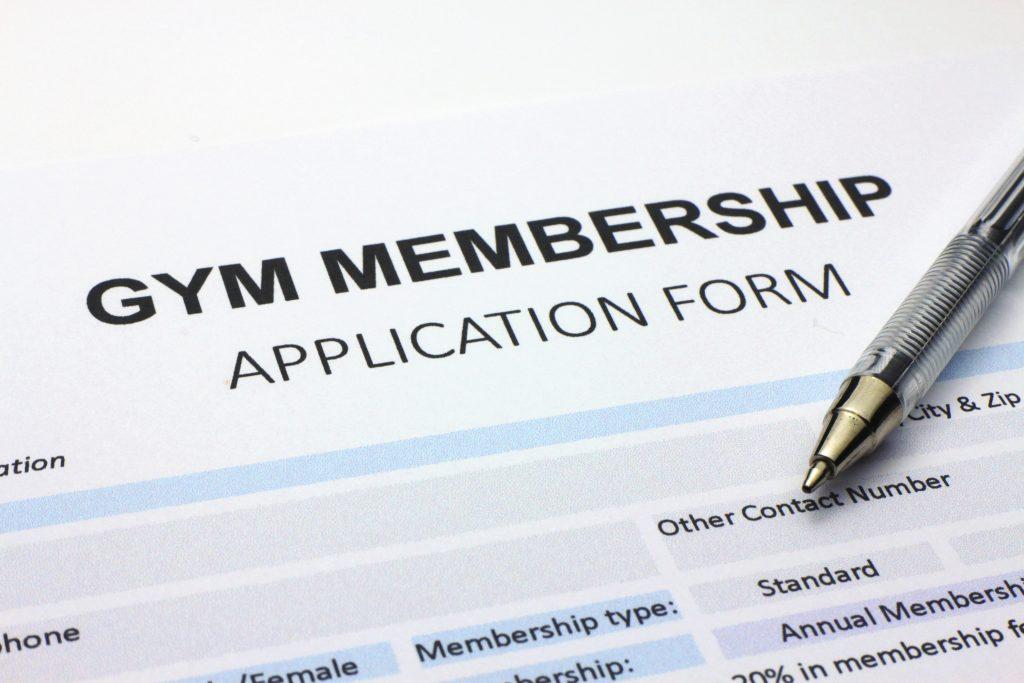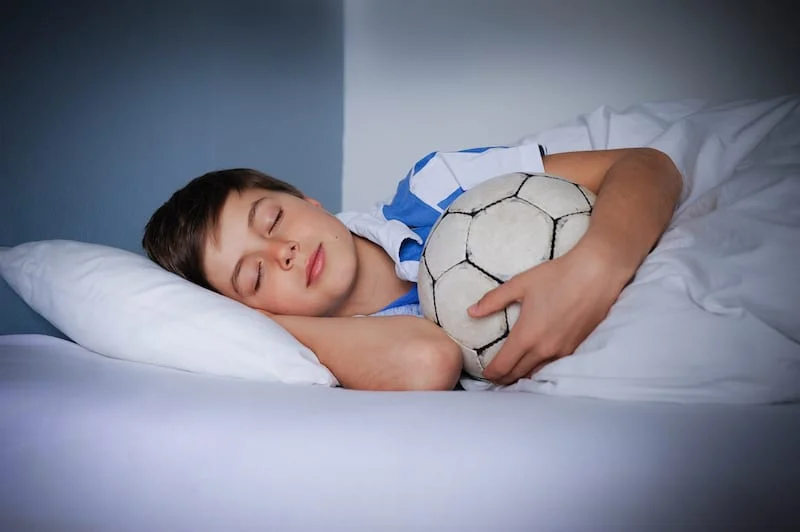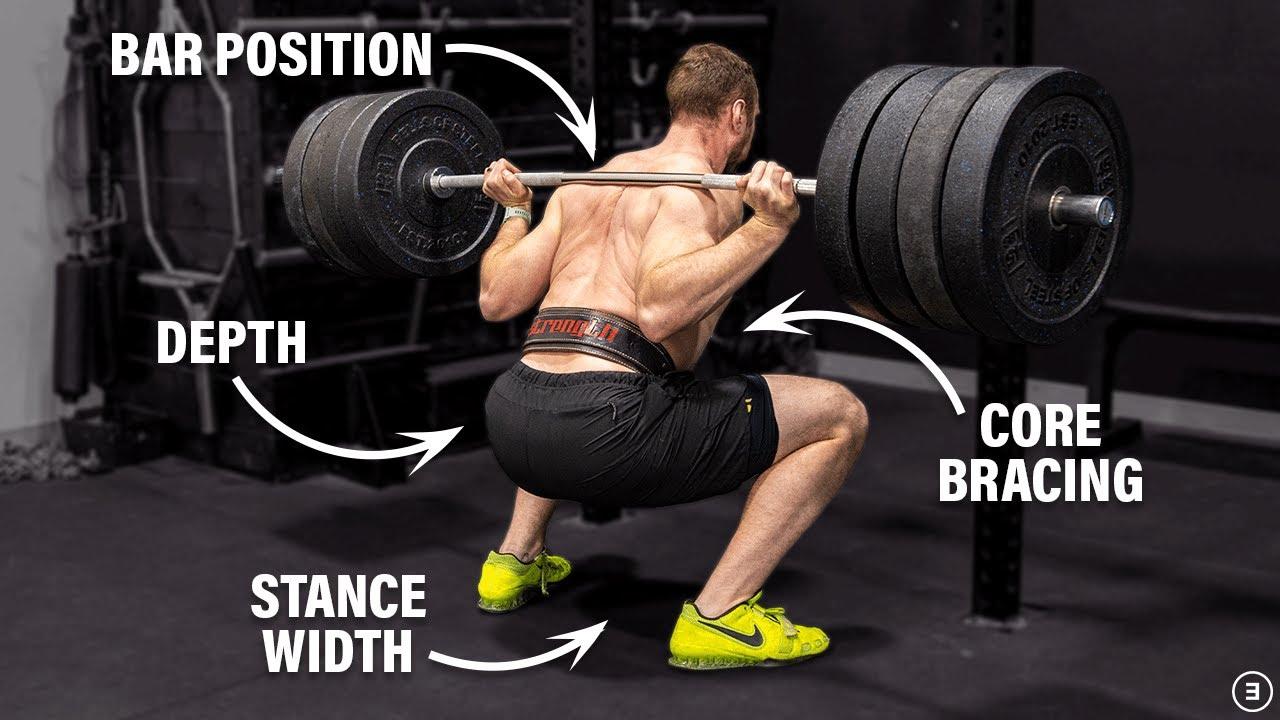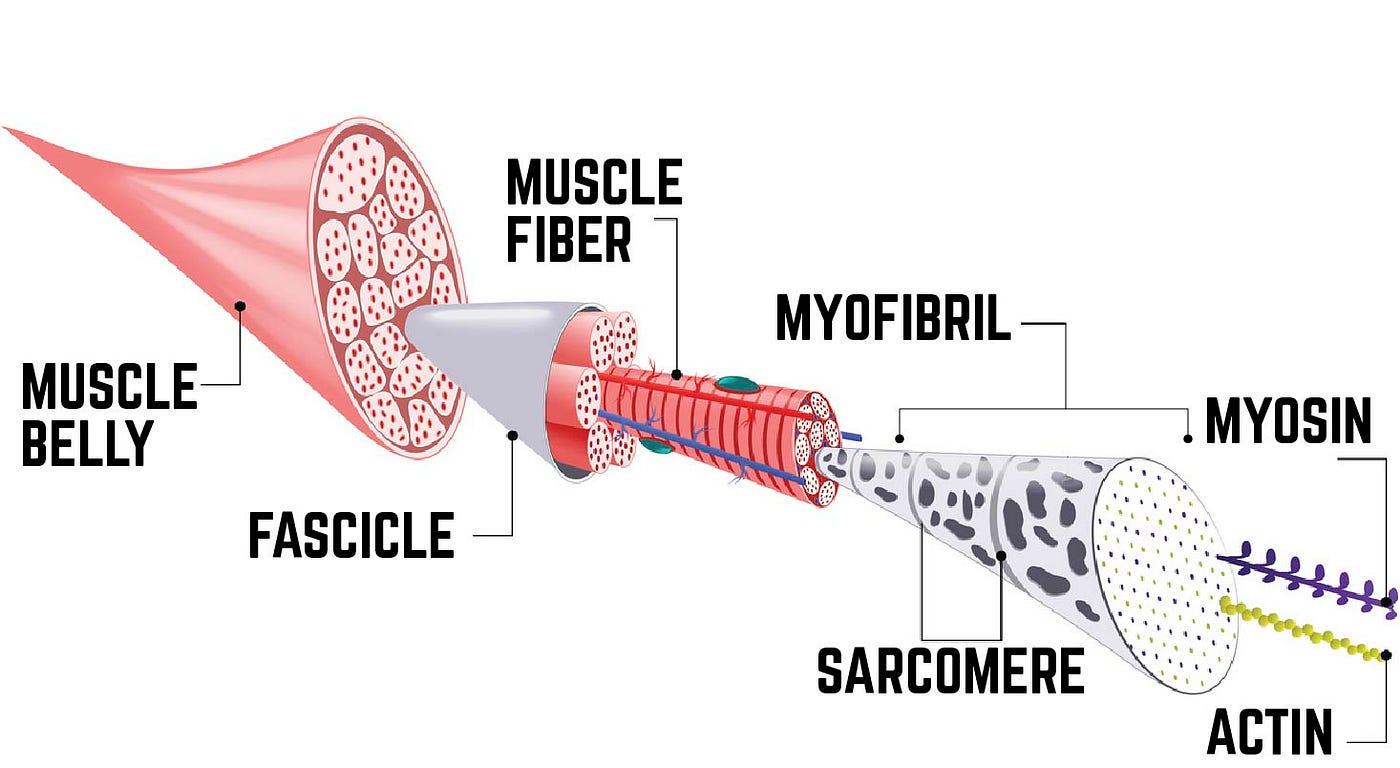Explore the exhilarating world of Max Verstappen, the talented Formula One driver who has captivated fans worldwide. From his early beginnings in karting to becoming the youngest winner of a Grand Prix, delve into Verstappen’s journey and discover what sets him apart.
Find a Personal Trainer Near Me
Looking for a personal trainer near you? Discover the benefits of hiring a personal trainer, personalized workouts, accountability, and more! Let’s achieve your fitness goals together.
The Unconventional Training Methods of Hafthor Bjornsson (The Mountain)
Hafthor Bjornsson, best known for his portrayal of the character “The Mountain” in HBO’s series “Game of Thrones,” is not just a celebrated actor but also an exceptional strongman. Winning the title of World’s Strongest Man in 2018, Bjornsson showcased the result of years of hard work, determination, and a unique training regime. His unconventional …
Continue reading “The Unconventional Training Methods of Hafthor Bjornsson (The Mountain)”
The Key to Muscle Growth
Hey there, Fitness Warriors! Who’s up for unlocking one of the biggest secrets of muscle growth today? We’re talking about Progressive Overload – the key that’s going to unlock the door to your dream physique. So, tighten your laces and get ready, we’re about to embark on a strength journey!
The Role of Neuroplasticity in Motor Learning and Athletic Performance
Greetings, Champions of Fitness! Are you braced to stretch beyond the parameters of your sinews, venturing into the profound labyrinth of your mind? We are embarking on an intriguing odyssey today, transcending the boundaries of our regular crunches and bicep curls. We’ll traverse the riveting domain of neuroplasticity, unraveling its intrinsic role in motor learning, …
Continue reading “The Role of Neuroplasticity in Motor Learning and Athletic Performance”
Pushing the Limit: How to Spot Overtraining and Keep It at Bay
Greetings, Warriors of the Wellness Battlefield! We’ve bathed in the pure exhilaration, the intoxicating euphoria that spills forth from conquering a new personal zenith, or prevailing against an arduous, sweat-soaked training session. And yet, the line that separates the noble pursuit of the limits of our physical prowess from a dangerous, self-imposed affliction is thin …
Continue reading “Pushing the Limit: How to Spot Overtraining and Keep It at Bay”
Making the Most of Your Gym Membership: Must-Try Machines and How to Use Them
Maximizing Your Gym Membership: Key Machines and How to Utilize Them Stepping into a gym can sometimes feel like boarding a spacecraft for the first time – a myriad of complex equipment, each with its distinct function. As part of the Fitness Warrior Nation, we understand that harnessing these machines is an integral part of …
Continue reading “Making the Most of Your Gym Membership: Must-Try Machines and How to Use Them”
The Importance of Sleep for Athletic Performance and Recovery
Have you ever wondered why top athletes prioritize a good night’s sleep? Well, the answer lies in the crucial role that sleep plays in athletic performance and recovery. Whether you’re a professional athlete or someone who enjoys weekend workout sessions, getting enough quality sleep is essential to reach your fitness goals and excel in your …
Continue reading “The Importance of Sleep for Athletic Performance and Recovery”
Mastering the Basics: A Guide to Proper Squat Form
Salutations, esteemed individuals of the fitness realm! Today, our focal point shall be directed towards an exercise of foundational significance, one that merits inclusion within every fitness regimen: the magnificent squat. Despite its seemingly simplistic exterior, the squat is a multifaceted and comprehensive endeavor, employing an array of muscle groups within your corporeal vessel – …
Continue reading “Mastering the Basics: A Guide to Proper Squat Form”
Understanding the Science of Muscle Growth
In building muscle, protein plays a crucial role that cannot be overlooked. Understanding its importance is essential if you want to achieve your fitness goals effectively. Protein acts as the building blocks for your muscles, helping in their repair and growth after intense workouts. It also assists in the production of enzymes and hormones that …
Continue reading “Understanding the Science of Muscle Growth”
